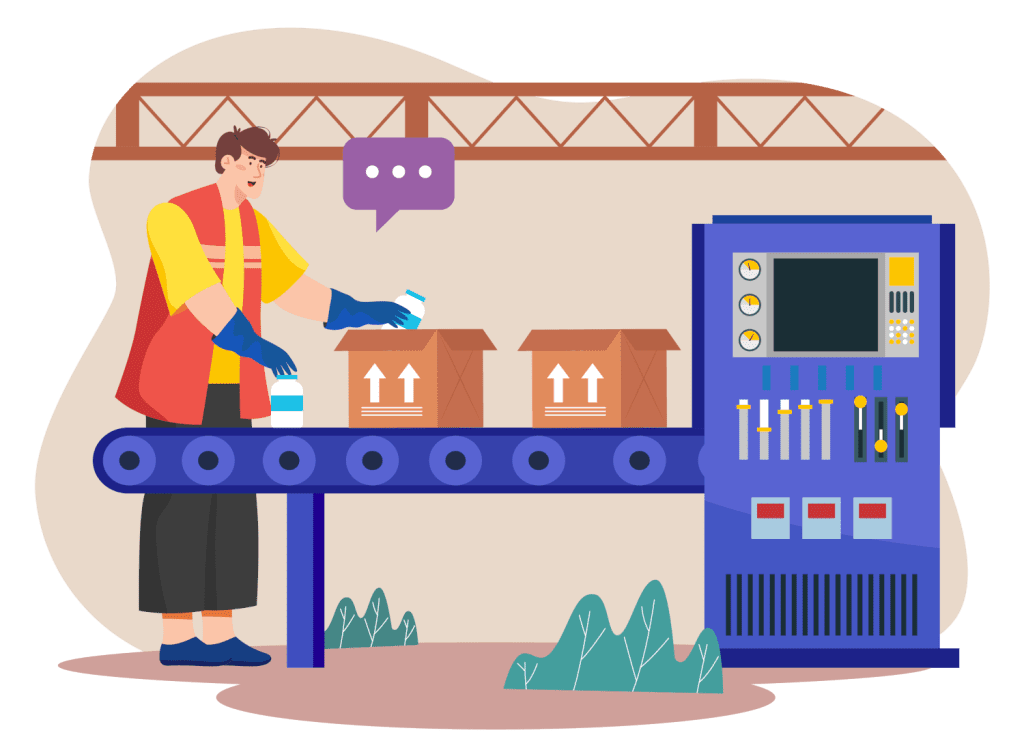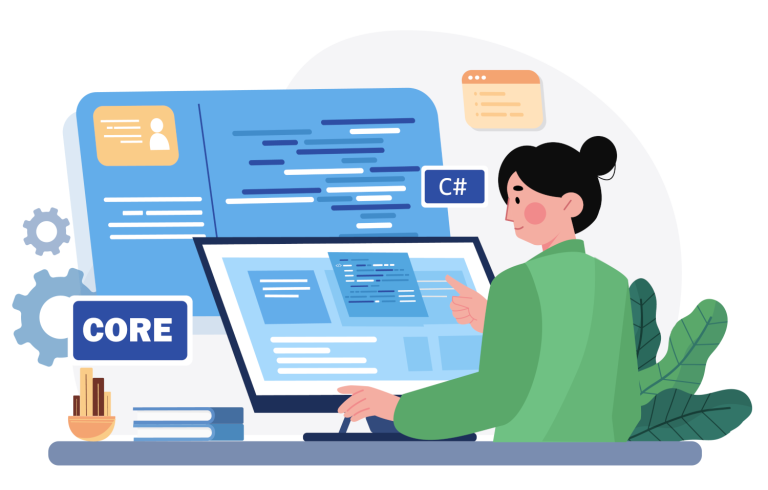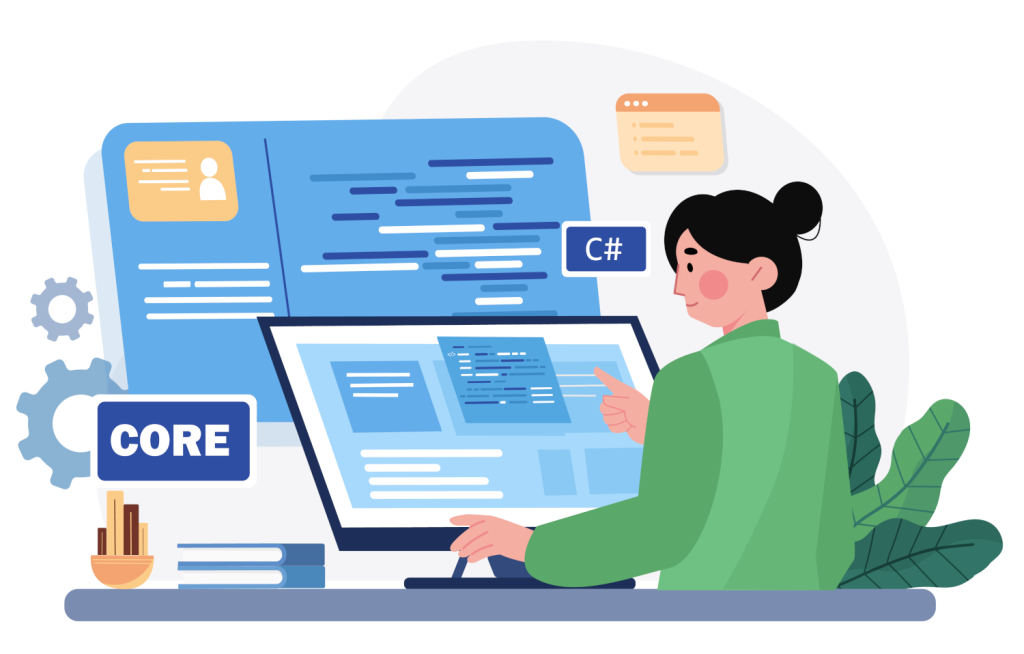Developing a Core Foundation
When it comes to creating custom software, it begins with envisioning the key features that will form the backbone of a solution tailored to your company’s needs. Here at BSPOKE Software, we understand how important it is to start strong with a core software system. Our approach emphasises building a robust foundation that meets your current needs and lays the groundwork for future growth.
How BSPOKE Software can Help
Our team of experienced developers specialises in crafting core software systems that align with your business objectives. Here’s how we can help:
- Tailored Solutions: We collaborate closely with our clients to understand their unique requirements and devise tailored solutions that address their specific challenges.
- Expert Guidance: Leveraging our experience in software development, we provide professional guidance on identifying core features that form the foundation of your custom software solution.
- Efficient Development: By focusing on core functionalities first, we ensure efficient development cycles that save time and resources, enabling you to stay within your budget.
- Scalability: Our core systems are designed with scalability in mind, enabling your software to seamlessly grow alongside your business.
Ready to take the first step towards building a cost-effective and efficient software solution? Contact us today to discuss your project requirements.
Exploring Core Systems Across Industries
Construction Company:

In the construction industry, core software systems are essential for managing complex projects and ensuring adherence to strict dealines and safety regulations, including:
- Project Management: Tracking project progress, timelines, and resources to ensure projects are completed on time and within budget.
- Resource Allocation: Managing equipment, materials, and labour resources to optimise resource deployment and minimise delays.
- Safety Compliance: Implementing measures to ensure compliance with safety regulations and prevent accidents or injuries on construction sites.
Manufacturing Company:

For a manufacturing company, core software systems play a vital role in streamlining operations and ensuring efficient production processes, including:
- Custom ERP (Enterprise Resource Planning) software designed specifically to your company’s needs, as opposed to a ready-made product that is generic and does not cater for individual requirements.
- Inventory Management: Tracking raw materials and finished goods to maintain optimal stock levels and prevent shortages or overstocking.
- Production Planning: Scheduling manufacturing processes to optimize resource utilisation and meet production targets efficiently.
- Quality Control: Implementing measures to ensure product standards are met, including inspections, testing, and compliance with industry regulations.
Hospitality Company:

In the hospitality industry, core software systems are crucial for managing reservations, processing transactions, and enhancing guest experiences, including:
- Reservation Management: Handling bookings, managing room availability, and coordinating reservations across multiple channels to maximize occupancy rates.
- Point of Sale (POS) System: Processing transactions efficiently and accurately, including payments, invoicing, and order management.
- Customer Relationship Management (CRM): Managing guest interactions and preferences to personalise experiences, improve customer satisfaction, and encourage repeat business.
Scalability and Adaptability
Adaptability and Scalability are essential for ensuring that core software systems remain relevant and effective as your business evolves.
Scalability enables your software system to handle increases in workload or user demand smoothly. A scalable core system efficiently allocates resources like processing power and storage without sacrificing performance. At BSPOKE Software, we employ technologies like cloud computing to make it straightforward for businesses to scale their core systems resources up or down as needed.
Equally important is adaptability, which can quickly incorporate new features, functionalities, or integrations without major disruptions. This flexibility empowers businesses to respond to new customer requirements, changes in legislation, and market trends.
User Feedback and Iterative Development
User feedback is essential for the ongoing improvement of a custom software system. By actively listening to end-users, businesses can identify pain points, usability issues, or feature requests, which in turn informs decisions about what features to add next.
By starting with a core system, feedback can be received by users before the next phase of development begins. Taking this feedback into account allows you to prioritize what is most important and beneficial to your company’s staff and customers. This iterative approach can foster a culture of continuous improvements using a feedback loop that can empower the development of your software by refining solutions, adapt quickly to changing markets and integrating user feedback early.
Integration with Third-Party Tools
Integrating core systems with third-party tools (through an API) and technologies is beneficial for enhancing functionality, cutting costs and reducing staff training. Companies can seamlessly connect with existing tools, businesses can tap into familiar functionalities, data sources, and services. For instance, integrating a core CRM system with the marketing automation software simplifies lead generation and nurturing. Similarly, linking with accounting software streamlines financial management tasks such as invoicing and reconciliation.
In Summary
In conclusion, having a solid core software system is a must have for businesses in any industry sector. It helps streamline the development process, improves efficiency, and adds value to your business. Plus, starting with the core parts of your software system brings plenty of benefits, such as a shorter wait time before you launch, smarter budgeting, and getting user feedback early to mitigate risks.

